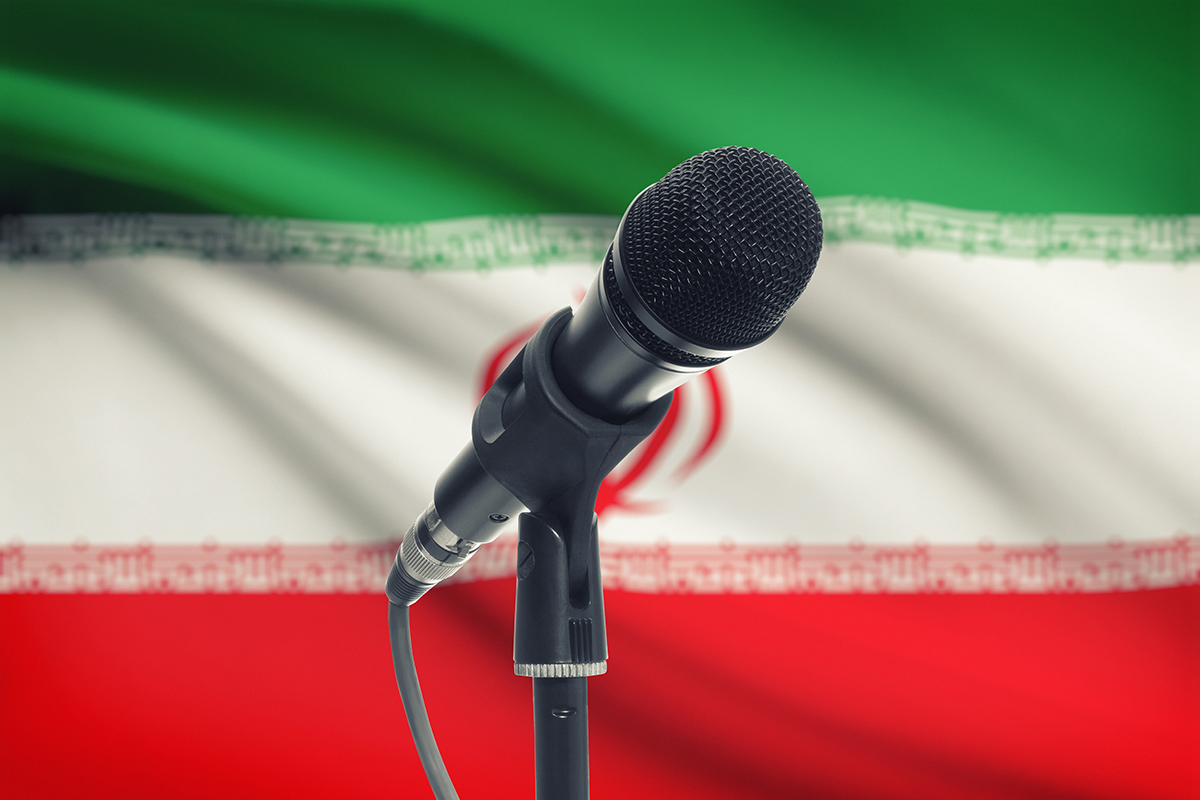Meta, the parent company of popular social media platforms Facebook and Instagram, has made a significant move by disabling the social media accounts associated with Iran’s Supreme Leader, Ayatollah Ali Khamenei. This decision comes in the wake of Meta’s ongoing efforts to enforce its policy against individuals and organizations deemed to be engaging in activities that promote violence or support designated terrorist groups.
The accounts linked to Ayatollah Khamenei, which collectively had a substantial following of over 5 million users on Instagram alone, were permanently removed due to repeated violations of Meta’s community standards. These standards explicitly prohibit the presence of content or individuals that advocate violence or lend support to organizations recognized as terrorist entities by the United States government.
Iran has frequently faced accusations of providing support to groups such as Hamas and the Houthis, both of which have been designated as Foreign Terrorist Organizations (FTOs) by the US government. Meta’s decision to take down Khamenei’s accounts follows persistent calls for action dating back to October 7, highlighting concerns regarding the promotion of these designated groups on the platform.
Although Meta has not elaborated on the specific infractions that led to the removal of Khamenei’s accounts, experts emphasize the significance of this action. Digital rights researcher Mahsa Alimardani suggests that such measures should have been implemented earlier, particularly given the harmful content disseminated by Khamenei’s accounts, which often targeted his own constituents.
In addition to Meta’s crackdown on social media accounts, recent disclosures by Microsoft have drawn attention to cyber threats emanating from entities aligned with the Iranian government. These cyber-attacks, which have been ongoing since October 2023, reportedly aim to bolster groups like Hamas while undermining Israel and its allies.
Despite official denials from Tehran regarding its involvement in the October 7 Hamas attack on Israel, a report from Microsoft’s Threat Intelligence division indicates a concerning uptick in Iranian-sponsored cyber-enabled influence operations. These operations encompass activities such as disrupting streaming services in multiple countries and disseminating deceptive deepfake videos.
The heightened collaboration among Iranian-affiliated actors underscores the evolving nature of cybersecurity threats, particularly in the lead-up to significant events such as the US elections scheduled for November. Microsoft’s findings point to a notable surge in Iranian cyber activities, with 11 documented instances of cyber-enabled influence operations in October 2023 alone, signaling a concerted effort to leverage cyber capabilities for strategic objectives.
As tensions persist in the geopolitical landscape, experts caution against the potential for further cyber and influence operations orchestrated by Iran and its proxies. Meta’s decision to remove Khamenei’s social media accounts underscores its commitment to combating online extremism and safeguarding its platform users.
Against the backdrop of geopolitical tensions intertwined with cyber warfare and social media influence, addressing these multifaceted challenges requires collaborative efforts from both tech companies and policymakers. The actions taken by Meta and Microsoft represent crucial steps in mitigating the risks posed by state-sponsored cyber activities and online extremism in today’s digital age.







